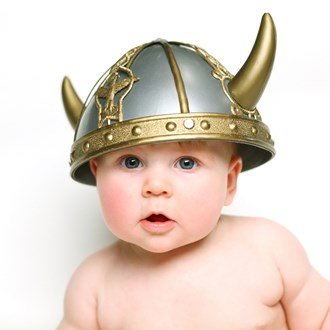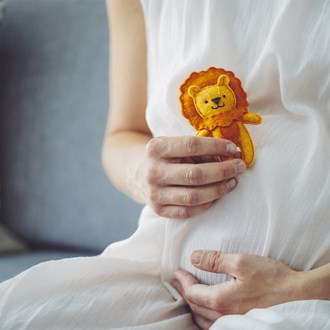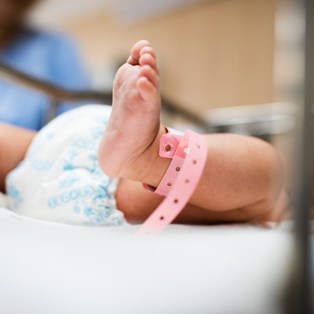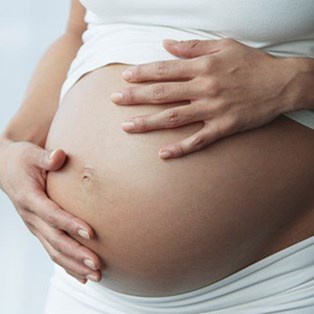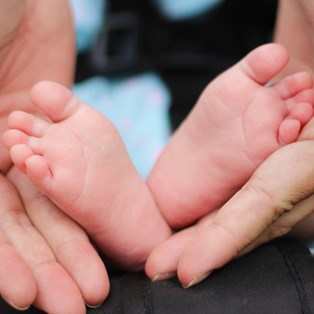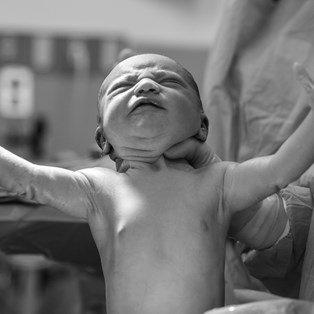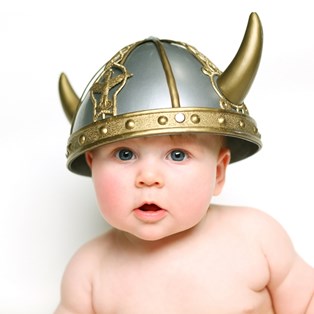Foods to Eat When Pregnant: First Trimester
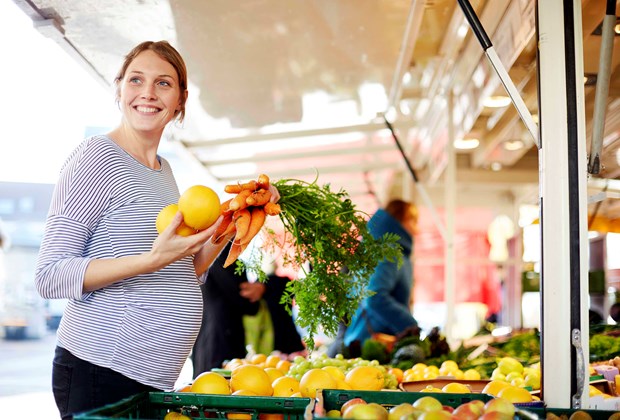
Feed your bump!
By Alex Harmon
January 14 2019
While we often focus on what we can’t eat when pregnant, it’s important to bear in mind the things we should be consuming to ensure bub’s utmost vitality. The first trimester is the most crucial for your baby because this is when cells are formed, organs take shape and muscles develop, therefore your body needs additional nutrients, vitamins and minerals. When your bub emerges into the second trimester he has grown into a fully formed foetus, which is why nutrition in the first 12 weeks are especially important.
While there is no recommended extra calorie intake during your first trimester, you will need to load up on certain nutrients, including Folate (or Folic Acid), Zinc, Iron, Iodine, and omega-3 fatty acids (healthy fat).
It’s important to set up healthy eating habits in your first trimester for your whole pregnancy because excess weight gain may also increase your risk of gestational diabetes and pregnancy or birth complications.
Here are some essential foods to eat when pregnant in your first trimester:
Fruit
Pregnant women should be consuming at least 2 servings of fruit per day, according to Australian Dietary Guidelines. This means one medium piece of fruit such as an apple or banana and two small fruits such as apricots or kiwis. Try to have a variety of fruits and don’t substitute with fruit juice as this has been stripped of fibre and contains more sugar.
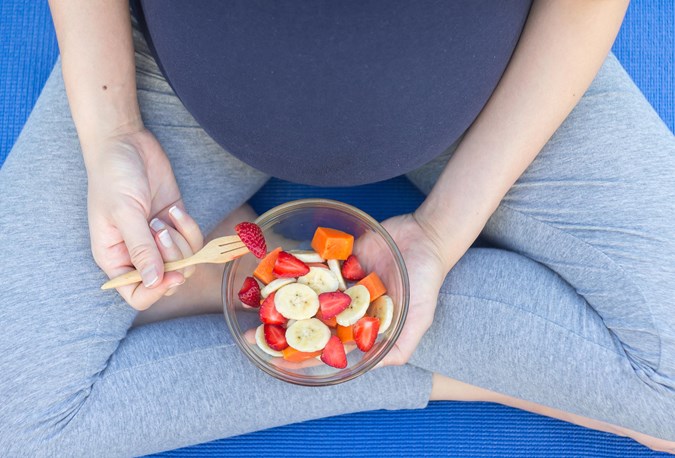
getty images
Vegetables
Aim for 5 servings of vegetables or legumes a day. One serve could be half a cup of cooked green beans with dinner or 1 cup of green leafy vegetables or half a cup of lentils with lunch. These are naturally rich in folate, which is important for your baby’s development during early pregnancy because it helps prevent birth abnormalities like spina bifida.
Keep this up throughout your entire pregnancy, because vegetables and fruit contain good amounts of vitamins such as vitamins A and C, plus minerals and fibre.
Iron-rich foods
You need extra iron to support your baby’s red blood cells, placenta, and development. Your baby absorbs enough iron from you to last through the first five or six months after birth so it’s never been more important to load up on iron-rich foods. This can include lean beef or lamb, chicken, and fish. If you’re vegetarian you can consume breakfast cereals with added iron, eggs, chickpeas, kidney beans, or green veggies such as spinach and broccoli. Aim for 2-3 serves per day.
Dairy foods
Calcium found in dairy foods is essential to grow your baby’s bones, muscles and heart healthy and strong. Try for 2-3 serves of low fat dairy foods, such as milk, hard cheese, yoghurt or calcium fortified soy milk to meet your daily requirements. These are also full of protein, important for your baby’s cell development.
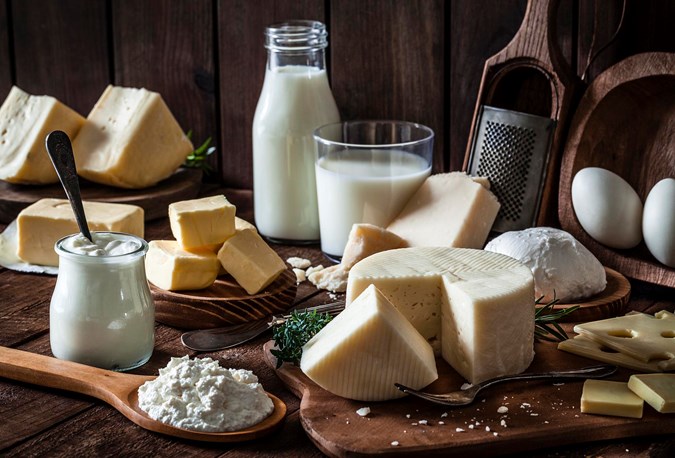
Grain foods
Carbohydrates including breads, cereals, rice, pasta and noodles are an important source of vitamins and fibre. Swap white breads for whole-grain because these are fortified with folic acid and iron and have more fibre. Try for 8 serves a day, this works out to each meal of the day including some form of starchy carbohydrate.
Healthy fats
It’s time to increase healthier fats in your diet, the ones found in nuts, avocados, plant-based oils and certain types of fish like salmon and tuna. Omega-3s found in oily fish, chia seeds and some nuts play an important role in your baby’s brain, visual and nervous system development.
Iodine-rich foods
Babies who don’t get enough iodine during pregnancy can be at risk of learning difficulties, developmental problems and impaired hearing. Seafood is a rich source of iodine and many breads, except organic varieties, are fortified with iodine to meet our needs, however pregnant women may need an extra supplement.
Remember, if you don’t know what to eat when pregnant and in your first trimester, speak to your doctor or midwife.



